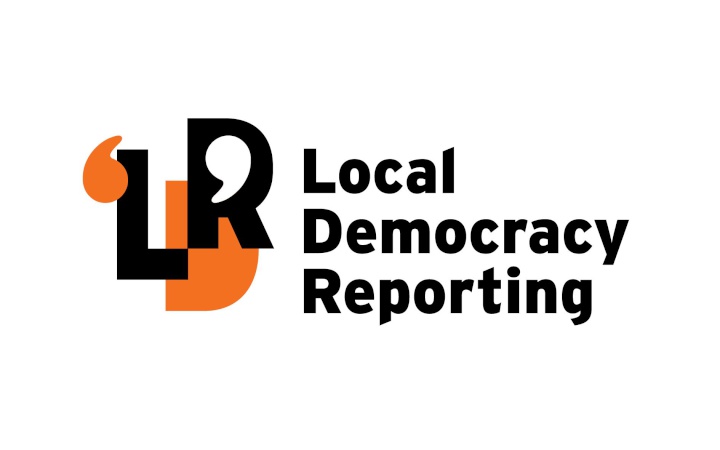It is estimated that green waste makes up around 40% of the Ashburton District’s general waste, something they will look to better quantify ahead of introducing soem form of green waste collection in 2026.

How much green waste the Ashburton District sends to landfill will be investigated before introducing kerbside green waste collection.
It is estimated that green waste makes up around 40% of the district’s general waste.
The Ashburton District Council is planning to introduce green waste collection in 2026, to align with a new waste management contract.
It has to start collecting household food waste by 2027 under government legislation, but in the long-term plan, the council is proposing to expand that to a food and organic waste collection service.
Which service it lands on will be decided over the next few weeks as councillors deliberate on public feedback to the draft plan.
But councillor Richard Wilson wants work done to get a clearer picture of how much green waste is being sent to the landfill at Kate Valley.
“So we don’t wake up on the first day of green waste and go 'whoops we were wrong' by what could be three of four thousand tonnes quite easily”.
Infrastructure and open spaces group manager Neil McCann said it was something the council could look into.
“We could do an occasional audit over the next few months just to get an idea or feel towards how much green waste is in the red bins.
“It would be a good idea to get a rough estimate.”
Between June 2023 and March, the Ashburton District sent 11,426 tonnes of waste to the regional landfill at Kate Valley.
That puts the district on track to surpass the 14,800 tonnes in the previous financial year.
The introduction of green waste bins aims to dramatically reduce those figures, with a 2001 study showing between 32-40% of the waste going to landfill was organic.
The introduction of green waste bins will also present a cost saving by reducing the amount of waste being transported to Kate Valley.
For both green bin options the collected waste would be taken to the Ashburton Resource Recovery Park, and then sent to a plant in Canterbury for composting.
But there is a setup cost and additional cost of collection.
The council
expect to receive a waste minimisation fund subsidy to help
offset the introduction costs.
The 240-litre organic and
food waste bin would cost ratepayers $72 while the 23l food
waste bins would cost $35 per
year.



 Gordon Campbell: On What’s Wrong With The Treaty Principles Bill
Gordon Campbell: On What’s Wrong With The Treaty Principles Bill Te Pāti Māori: Government’s First Year A ‘Catastrophe For Māori’
Te Pāti Māori: Government’s First Year A ‘Catastrophe For Māori’ Department Of Internal Affairs: Samoan Citizenship Bill Passes Into Law
Department Of Internal Affairs: Samoan Citizenship Bill Passes Into Law NZ National Party: National Acknowledges The Passing Of Hon Nikki Kaye
NZ National Party: National Acknowledges The Passing Of Hon Nikki Kaye Mana Mokopuna: Children And Young People Share Vital Insights On Healing From Family Violence And Sexual Violence In New Report
Mana Mokopuna: Children And Young People Share Vital Insights On Healing From Family Violence And Sexual Violence In New Report NZ Government: PM Marks One Year In Government
NZ Government: PM Marks One Year In Government Helen Clark Foundation: Helen Clark Foundation Calls For Political Action To Reduce The Prevalence Of Junk Food And Improve Health Outcomes
Helen Clark Foundation: Helen Clark Foundation Calls For Political Action To Reduce The Prevalence Of Junk Food And Improve Health Outcomes


